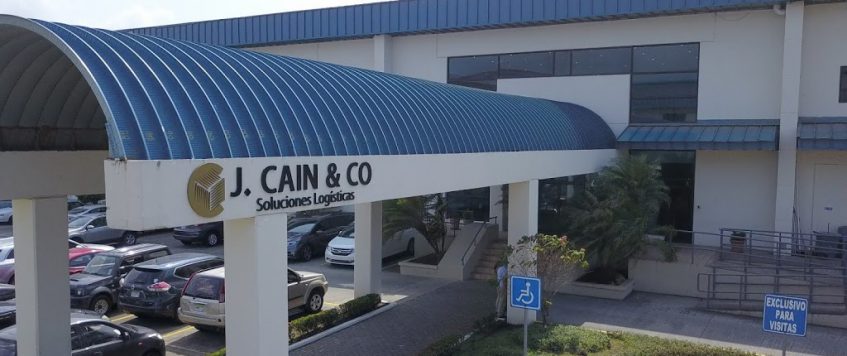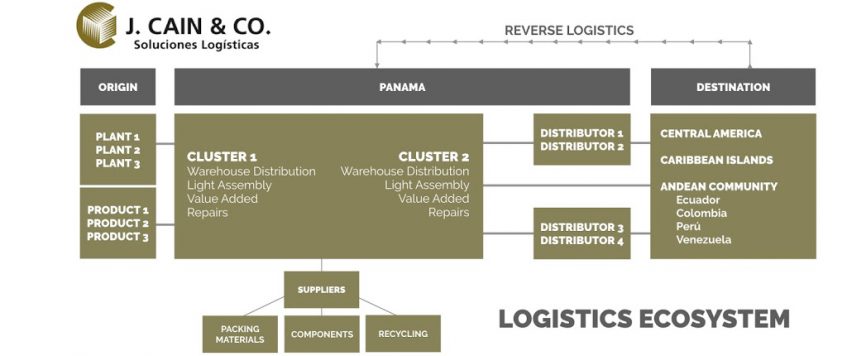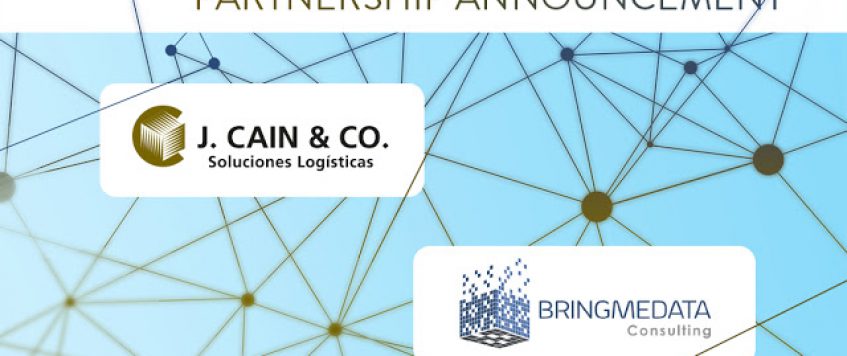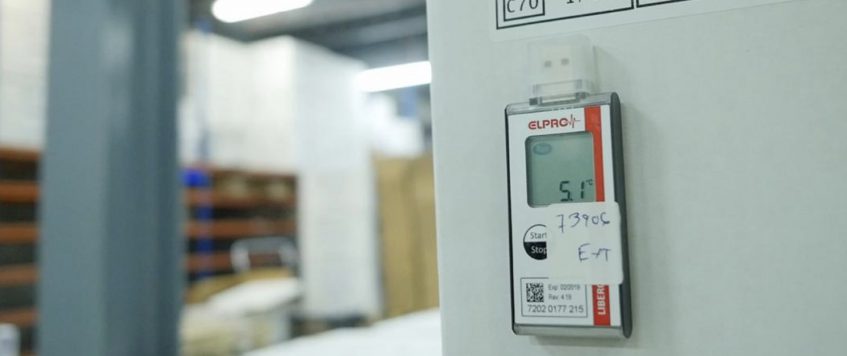Consumer Products Import Labeling Regulations and Requirements
In this rapidly changing consumer market, countries in Latin America and the Caribbean continuously enact laws and labeling regulations for specific products to allow their introduction to the market with the purpose of protecting the end consumer. Abiding by these requirements is key for multinational companies who must keep abreast of these changing regulations while being agile in finding efficient solutions to comply without sacrificing revenue recognition.
Product labeling information on imported consumer products must be present at the point of retail sale. The responsibility for this labeling information rests with the importer, not the retailer. In the case of Latin America and the Caribbean specific product labeling in Spanish is required.

In the case of Ecuador, the Ecuadorian Standards Institute (INEN) sets all labeling requirements. Products subject to technical standards in the case of consumer electronics must obtain the INEN-1 certificate to clear customs. Being Ecuador an important market, our customers must guarantee that their products have obtained the INEN-1 certificate and have the proper labeling information, including energy efficiency labels for specific electronic products, at the port of entry in order to clear customs.
In Dominican Republic INDOCAL is the Dominican governmental body overseeing the formulation, and implementation of national quality norms which are enforced by the Ministry of Health. The Dominican Industrial and Sanitary registration number must be present in products that could represent a risk to human health such as wine and spirits which is another important sector that we represent. The labeling of these products must be in Spanish as well prior to entering the Dominican market.
For Costa Rica, similar sanitary registration information must be present in wine and spirits being imported. However, additional security and safety labels are now a new requirement in 2019 for all wine and spirit products entering their market to diminish the risk of contraband and increase brand protection.
These are examples of three important markets within Latin America and the Caribbean that establish import label requirements that could undergo changes throughout the year and in order to avoid loss of sales, our customers rely on us to adapt quickly and provide value added solutions to ensure their products are shipped on time in compliance with these laws while meeting sale targets. From a manufacturing standpoint, it would become a daunting and time-consuming task to continuously adjust production line processes to include new label information for specific products and with an even slower response time if multiple manufacturing plans are part of the supply chain cycle.

Creating tailor made labeling solutions for products consolidated in the Pamama Hub is the best option. Value added services is an important part of J. CAIN’s daily operations and our expertise has evolved to provide efficient solutions from creating in-house custom labels to applying inkjet solutions directly on the finished products automating processes in response to new and changing government requirements for the different markets being served without affecting quality. Having a value-added services department dedicated to consumer products has become a necessity for our customers and an integral part of the supply chain process we handle on their behalf.
To learn more of our value-added services please visit our website http://www.jcain.com
Logistic Ecosystem
Panama throughout its history has stood out as a distribution center, the transit route by nature, t
J. Cain & Co. announces aliance with Bringmedata Consulting
J. Cain & Co., the market leader in logistics and supply chain management solutions in Latin Ame
Warehousing Reliability in Temperature Controlled Industries
More often than not, when evaluating an end to end supply chain, companies consider their temperatur



